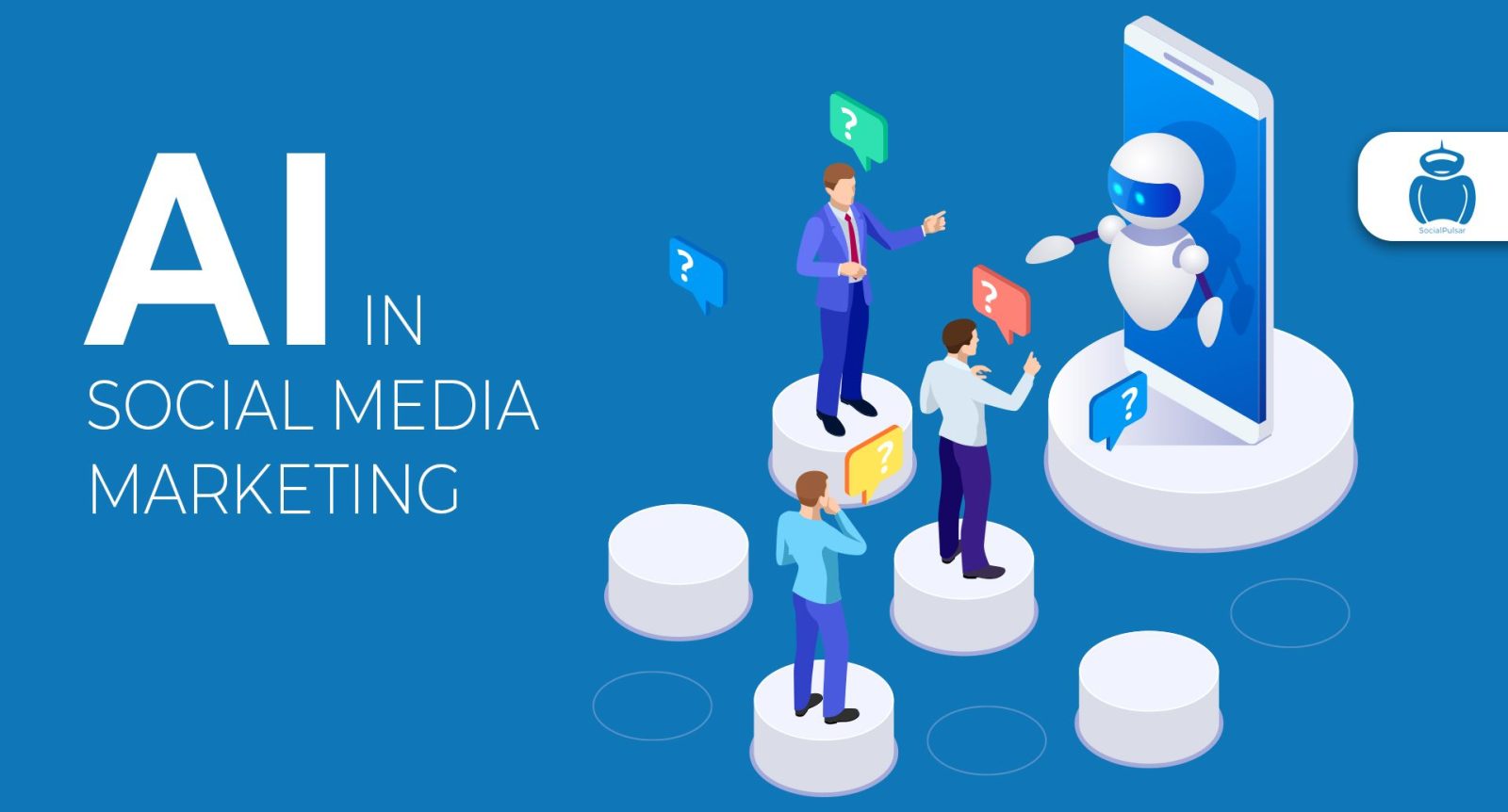AI marketing is reshaping businesses in the most remarkable ways. It’s helping marketers improve their customer experience, increasing ROI, and so much more.
However, it’s important for marketers to identify their goals and select the right AI marketing tools. Let’s explore five reasons why you should be integrating AI into your marketing.
Personalized Content
Producing personalized content that speaks to customers’ needs, expectations and preferences shows companies care and builds trust. It also increases conversions and marketing campaign ROI.
A/B testing and a solid strategy help companies determine which type of personalization will work best. They can then choose the appropriate data sets, implement the technology and begin testing the results.
AI can produce content at a scale and speed that would be impossible for humans. It can also deliver it across all channels, from websites and emails to SMS and push notifications.
A solid content personalization strategy can be used to deliver case studies and testimonials that showcase a brand’s ability to solve the customer’s problem. It can also drive prospects down the sales funnel by linking them to a CTA that will increase the likelihood of converting. For example, the e-commerce giant Amazon uses its “You Might Also Like” feature to show customers products that they might purchase after browsing or buying something else.
Real-Time Decision-Making
Real-time decision-making through AI marketing delivers the agility that digital marketers need to succeed. AI tools can analyze and interpret vast amounts of structured and unstructured data in a fraction of the time it takes humans, picking up valuable insights and trends that they might miss.
These technologies can also be applied to complex problems such as churn prediction and customer lifecycle optimization. They can identify and deliver the content that best meets the needs of a particular customer in a given moment – whether that’s a sales offer, nurture, resilience or service message.
AI-powered analytics can help improve campaign performance, including delivering more effective ads and improving conversion rates. For example, online investment service Interactive Investor used Albert to quickly make real-time optimizations to demographic targeting, converting keywords, and ad copy, driving account signups and reducing customer acquisition costs. Other examples include real-time predictive modeling, identifying and predicting customer churn risk, and self-optimizing campaigns in pay-per-click (PPC) environments.
Enhanced Analytics
Artificial intelligence marketing tools collect and sift data to find actionable insights that can impact business strategy in real-time. This can include forecasting sales, predicting customer needs and making automated decisions that improve marketing campaign performance or overall ROI.
One popular use of AI marketing is in pay-per-click advertising. Online investment service Interactive Investor used Albert, an AI marketing tool, to automate campaign optimizations and reduce costs in real time.
Another way that businesses use AI to drive digital marketing campaigns is through natural language processing and content generation. This can include creating human-like language for customer service bots and experience personalization, as well as writing blog titles, website copy and more. For example, beauty brand Sephora uses an AI chatbot on Kik to help customers narrow down product choices by asking questions about their preferences. This provides a highly personalized experience for each individual while simultaneously freeing up human resources to focus on other tasks.
Ethical Use of Data
As AI becomes more prominent in marketing, companies must create policies and procedures to ensure ethical use. This involves establishing internal guidelines for AI implementation and monitoring marketing campaigns to identify any potential ethical issues. Companies should also promote a culture of transparency, privacy and fairness in order to gain the trust of consumers and stakeholders.
Data privacy is one of the biggest challenges with using AI in marketing, as it requires a large amount of consumer data to function. Companies must be transparent about the collection of this data and give customers the option to opt out if they do not consent. Additionally, marketers should mitigate algorithmic bias in AI marketing to ensure fairness and equality for all.
Finally, companies must prioritize data security to prevent hacking and other security breaches that could compromise customer privacy. This requires implementing cybersecurity measures and creating training programs to ensure all employees understand how to handle data responsibly.








Leave a Reply